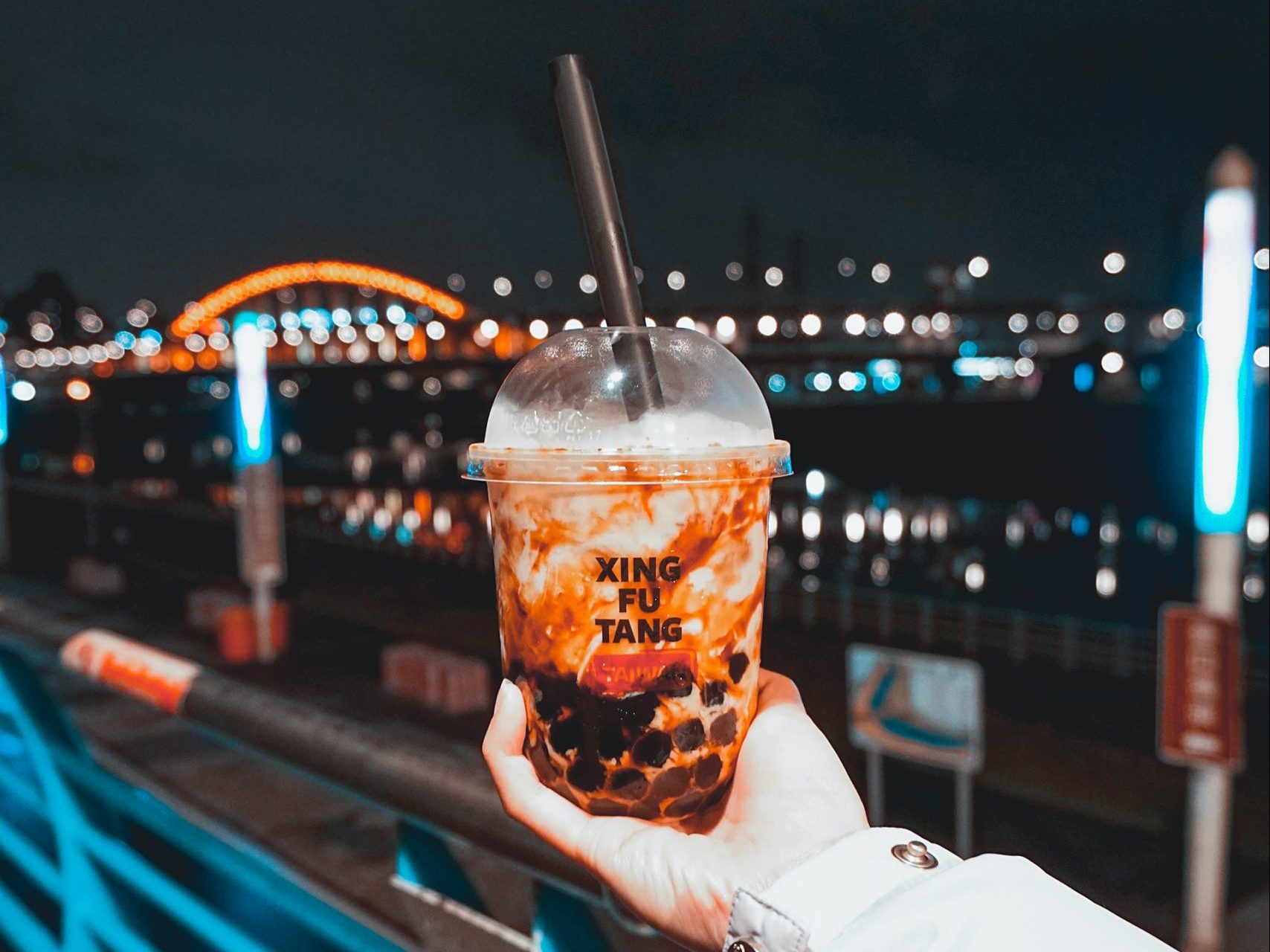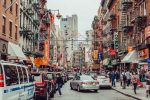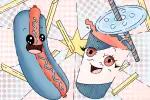It tastes good, but it’s also not necessarily good for you. Bubble tea is a popular drink that was created in Taiwan in the 1980s, and throughout the years, it has gained a lot of popularity among youth.
Back in the day in Taiwan, these drinks were called “bubble black tea” as they were originally made from hand-shaken black tea, and the drinks did not have pearls and milk in them at that time. A few years later, “pearl milk tea” was invented and this drink included pearls and milk. The term “boba milk tea” somehow got popular, and boba was used to refer to the bigger tapioca pearls. Fast forward to today, and there are many variations and fancy flavors of the drinks that can be ordered in many different bubble tea shops.
The rise of bubble tea in America eventually led to boba culture, and it quickly became popularized among many Asian American young adults. However, many of them tend to take this obsession with bubble tea a bit overboard. It appears many of them only hold onto boba culture so tightly because it gives them a false sense of connection to their Asian heritage and the Asian American community.
So how did bubble tea become a part of Asian culture? Well to start things off, there’s no such thing as an Asian culture. It is true that there are a lot of similarities and overlapping customs, ideals and cultural values and traditions in many cultures that exist within Asia. However, culture is a part of one’s ethnicity, not one’s race. Throwing together popular foods from different East Asian cultures into one category plays a role in treating all Asians as a monolith, which is problematic because every ethnicity has its own significant history and experiences. While it’s nice to share cultural foods and drinks between your friends and those who do not identify the same as you, it is also important to connect with your own ethnic roots and not rely on another culture to validate your identity.
It’s one thing to like boba, but it’s another to take boba and turn it into a personality trait. The boba hype that’s popular among teens and young adults is a conversation that should definitely be talked about: Are you truly in love with the sweet drink, or are you hopping onto the boba hype bandwagon because all of your Asian peers like the drink and you want to fit into the narrative as well? It’s important to remember that bubble tea is not as big of a thing across Asia as a whole and obsessing over boba does not make you any more or less Asian.
The Facebook group Subtle Asian Traits is well-known for being one of the largest online Asian communities, and members of the group have all experienced their feed being drowned in boba memes. While the group is known to be controversial due to its heavy East Asian content and its lack of representation for Pacific Islanders and Southeast, South and Central Asians, it undeniably has brought together a community for Asians in English-speaking countries. There’s no doubt that Subtle Asian Traits played a role in spreading boba culture; however, Asian Americans who only associate themselves with boba reflect a deeper, cultural disconnect within parts of the diaspora.
There’s even the term boba liberalism that was coined by Twitter user @diaspora_is_red, which refers to the ideology of Asian Americans who reconnect with their “roots by drinking bubble tea, getting added to Subtle Asian Traits and organizing fundraisers for an Asian student association” but never put in the effort to study their history and have a sense of unity with their own homeland. Boba liberalism also refers to Asian Americans who identify as liberal, but only show performative actions that value adjacency to whiteness rather than sincere solidarity with their own ethnic group.
In a sense, boba only serves to make the diverse Asian diaspora more palatable for Western audiences, and corporations capitalize on boba culture and the desperate Asian Americans who are willing to consume anything that screams Asian representation. It’s time to acknowledge how boba culture shapes the Asian American community, and how it doesn’t necessarily do anything good for us.
















